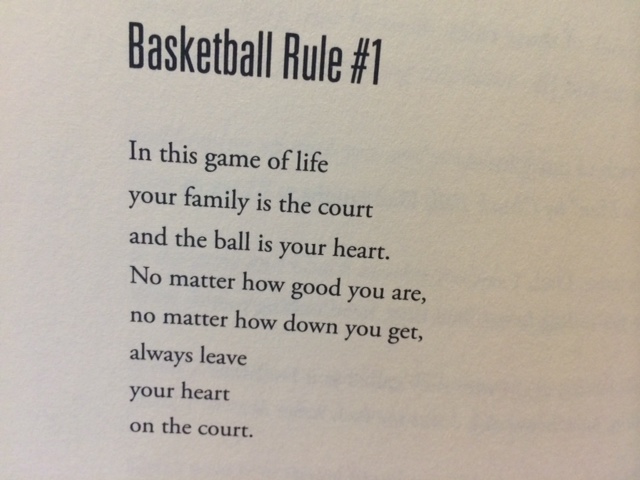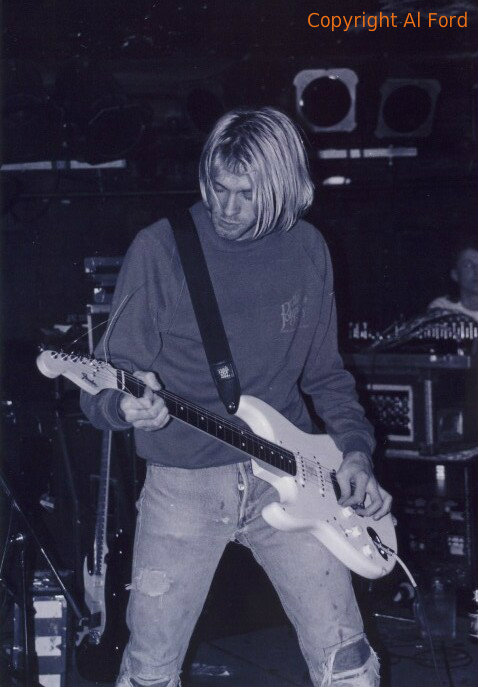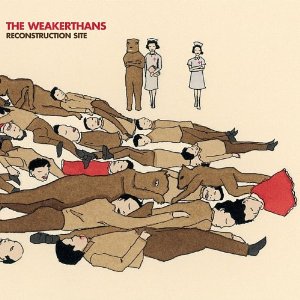What I learned about writing YA sex on my trip to L.A.
On my last day in Los Angeles, the weather forecast in The Onion read: “Asshole clouds refuse to make bunny shapes.” True! And my husband would not stop singing this. But other than that, I had a fabulous time at the Association of Writers and Writing Programs conference there. I learned some fascinating scientific information about how the brain responds to story, great tips from the YA toolbox on using screenwriting techniques, and heard some thought-provoking discussion on diversity. I was thrilled to meet a pack of fellow YA writers, including: Jessica Love, Heidi Heilig, Dana Elmendorf, Elizabeth Briggs, Rahul Kanakia (who is very tall!), and Traci Chee. And I even got to see a ball game at Dodger Stadium. That, as they say, is another story.
The conference session that got me thinking the most was on Writing Sex in YA, featuring authors Carrie Mesrobian, Terra Elan McAvoy, Brandy Colbert, Elana Arnold, and Corey Ann Haydu.
Here are five points I’ve been considering:
- Are you using adult-type signifiers in your scene? Lighting candles, etc., are what adults do to indicate an intimate mood. When teens have sex, it’s usually a setting such as a car or a friend’s house, not on a bed with these adult trappings, points out Carrie Mesrobian.
- Sex can be a powerful way to reveal character: how they feel about their bodies, etc. Terra Elan McAvoy made an appeal for writing about sex to be “more real” in general with true insecurities shown, including for guys.
- In YA, part of the electrical charge is the fact that we are writing about “firsts” (quite literally in the case of Laurie Elizabeth Flynn, author of FIRSTS, a book all about sexuality). As adults, we’re largely on the rinse and repeat mode— but for teens these experiences are more new.
- An important question: if we avoid depicting sex in teen lit, how do we talk to them about abhorrent, harmful variations of sexuality such as abuse and assault? Those topics have to be discussed against a backdrop of what is healthy.
- If there is any kind of explicit sex mentioned in your book, be prepared for blowback, such as exclusion from book fairs. This sort of surprised me. I doubt we are more liberal here in Canada (despite being on the right side of history in recognizing everyone’s right to marry)—but I thought we’d past that point. Apparently not. These writers suggested there are still far more repercussions in writing sex scenes than describing acts of violence.
This gave me a lot to think about. Teens need to see their real lives reflected in their novels, and I don’t want to deny them (and me, as a writer) a chance to write a richer story just to avoid (again, me) feeling uncomfortable. I now wonder, I am copping out by, as Corey Ann Haydu put it, “fading to black” in my current WIP? I will have to take another look. (Image is graffiti in LA by @dirtcobain.)






